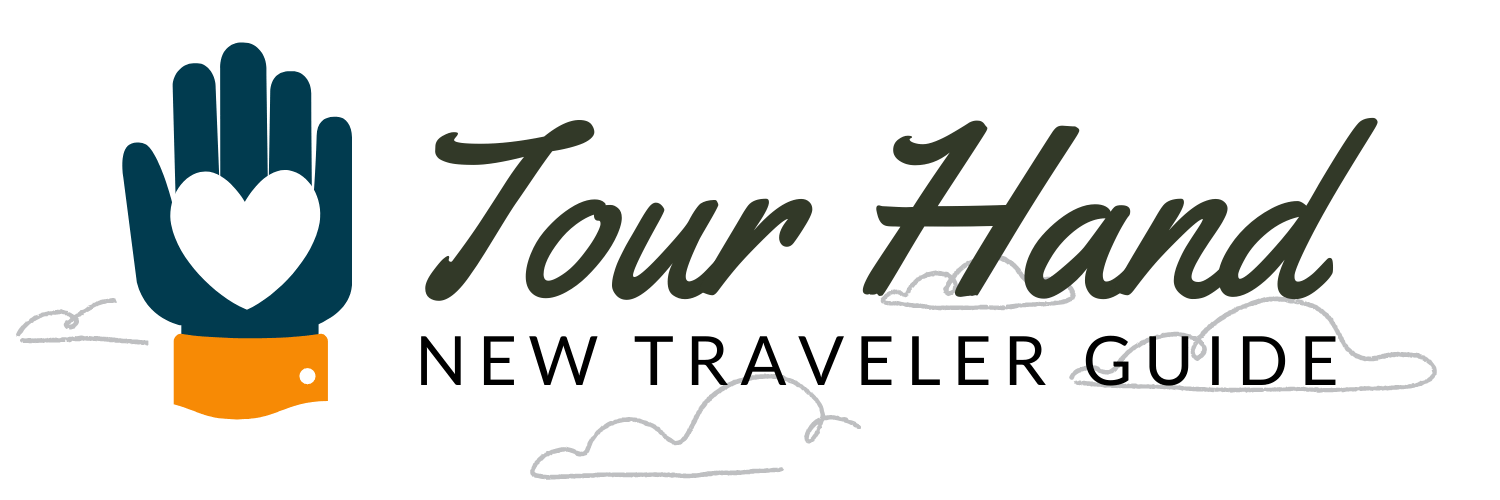Exchange currency
When planning a trip abroad, one important aspect to consider is exchanging currency. Understanding how to exchange currency efficiently and at the best rates can save you money and ensure a smooth travel experience. Here are some key points to keep in mind:
Research and Preparation
Before your trip, it’s essential to research the currency used in your destination country and familiarize yourself with the current exchange rate. This will help you understand the value of your home currency and make informed decisions when exchanging money.
Additionally, find out where you can exchange currency in your home country. Banks, currency exchange offices, and airports are common places to exchange money. Compare the rates offered by different institutions to get the best deal.
Timing
Timing is crucial when exchanging currency. Exchange rates fluctuate daily, so it’s advisable to monitor them and exchange your money when the rates are favorable. Avoid exchanging currency at airports or tourist areas, as they often offer less favorable rates.
Consider exchanging a small amount of money before your trip to cover immediate expenses upon arrival. You can exchange the rest of your money at your destination, where you may find better rates or lower fees.
Exchange Options
There are various options for exchanging currency, each with its pros and cons:
- Banks: Banks generally offer competitive rates and lower fees. However, they may have limited hours and longer processing times.
- Currency Exchange Offices: These establishments specialize in currency exchange and often provide convenient locations. However, they may charge higher fees.
- ATMs: Using ATMs to withdraw local currency is convenient, but be aware of any fees charged by your bank or the ATM operator.
- Credit/Debit Cards: Check with your bank about foreign transaction fees and inform them about your travel plans to avoid card blocks. Credit cards may offer better exchange rates, but be cautious of additional fees.
Security
When exchanging currency, prioritize security. Only use reputable institutions and avoid street vendors or unauthorized individuals. Count your money carefully and keep it in a secure place while traveling.
Consider using a money belt or a hidden wallet to protect your cash. It’s also a good idea to have a mix of payment methods, such as cash, cards, and traveler’s checks, in case of emergencies or unexpected situations.
Conclusion
Exchanging currency for your trip requires careful planning and research. By understanding the exchange rates, timing your exchanges wisely, and choosing the right options, you can ensure a hassle-free experience while getting the best value for your money. Stay informed, stay secure, and enjoy your travels!
